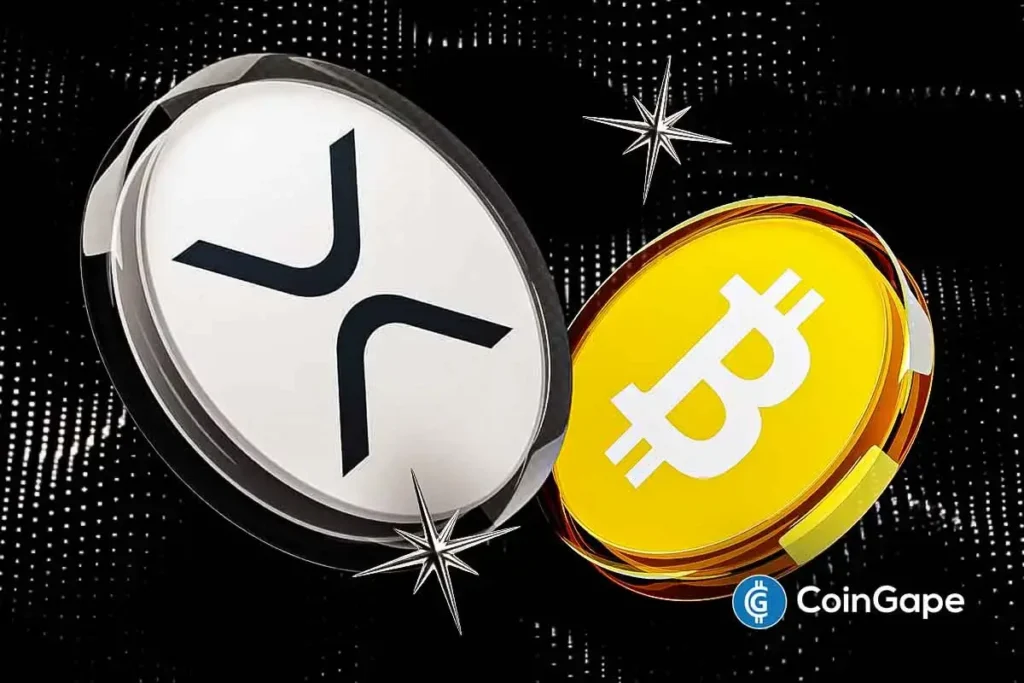Ripple vs. Bitcoin: The Altcoin Debate Continues After Ripple Lawsuit
The completion of the Ripple lawsuit has reignited discussions around Ripple’s native cryptocurrency, XRP, particularly sparking counterarguments from Bitcoin supporters. As Ripple recently released a significant amount of XRP from its escrow accounts, Bitcoin enthusiasts took this opportunity to voice concerns over the potential impact on Ripple’s market performance. In the heated exchange, Bill Morgan, a lawyer advocating for Ripple, articulated that Bitcoin does not possess significant advantages over XRP and highlighted the merit of XRP’s unique features.
XRP Escrow Release and Market Implications
The recent release of XRP tokens from escrow accounts drew immediate criticism from Bitcoin "maxis," who argued that this could result in a downward spiral for XRP’s price. In response, Bill Morgan emphasized the substantial benefits that escrow arrangements provide, including market stability and predictable supply. He noted that even the SEC, which brought the lawsuit against Ripple, acknowledged that the escrow system serves to bolster XRP’s price rather than hinder it. According to Morgan, claims that escrow significantly influences XRP’s price movements lack compelling evidence, and many fundamental aspects of XRP remain unaffected by this periodic release.
Stability and Supply in the Cryptocurrency Market
One Bitcoin supporter characterized XRP as an asset that is "100% centrally issued," lamenting the lack of decentralized validation inherent in Ripple’s model. However, Morgan rebutted this assertion by pointing out that a finite supply can be an advantageous trait, equating it to Bitcoin’s scarcity. The concept of a limited supply plays a crucial role in defining cryptocurrencies as "hard money." Morgan argues that XRP’s finite nature is equally beneficial, contributing to its stability and value retention over time, similar to Bitcoin.
Analyzing Hard Money Characteristics
Morgan has thoroughly examined the traits that define “hard money,” referencing attributes like security, durability, stability, divisibility, and scarcity. Based on this analysis, he believes both Bitcoin and XRP hold their respective merits. However, he posits that XRP offers more utility, making it more adaptable in real-world applications compared to Bitcoin, which is often viewed primarily as a store of value. This functional flexibility suggests that XRP can play a more dynamic role in the ever-evolving financial ecosystem.
Future Prospects for XRP
In light of the Ripple lawsuit outcome, the cryptocurrency market anticipates a renewed race for the XRP Treasury, potentially heightening interest in XRP among large corporations and investors. As XRP continues to trade positively in the market, currently at around $3.22, analysts are optimistic about its potential for breaking through previous all-time highs. This excitement reflects the belief that XRP can carve out a significant niche in the crypto arena, making it an attractive option for both institutional and retail investors.
Comparative Utility: Bitcoin vs. XRP
The conversation surrounding the utility of XRP versus Bitcoin is shifting. While Bitcoin is often celebrated for its pioneering status and security, XRP’s design allows for quicker and more efficient transactions, making it more suitable for everyday use in financial processes, such as cross-border payments. Morgan emphasizes XRP’s utility as a substantial advantage that tends to be overlooked in preferences for Bitcoin. With increasing global focus on efficient transaction mechanisms, XRP’s practical applications could enhance its standing in the market.
Conclusion: An Evolving Landscape
As the cryptocurrency space continues to mature, debates like the one between Bitcoin and XRP are crucial for understanding the nuances of digital assets. Bill Morgan’s insights reveal that the conversation is becoming less about one currency being superior to another and more focused on the unique strengths each brings to the ecosystem. The dynamics of market perception may evolve further, especially as Ripple capitalizes on its recent legal victories. Investors and enthusiasts alike should observe these developments closely, as they will likely shape the future trajectories of both XRP and Bitcoin.
The landscape of cryptocurrency remains fluid, underscoring the importance of informed discussion around these uniquely positioned assets.


